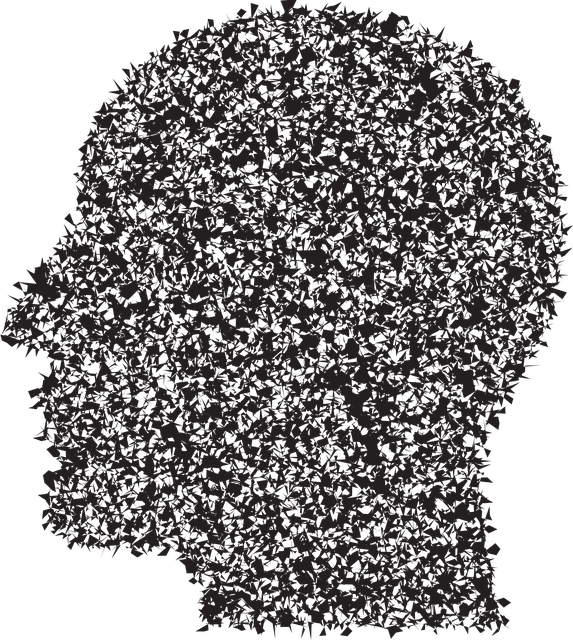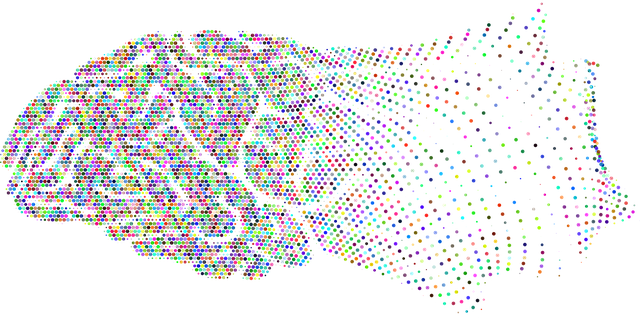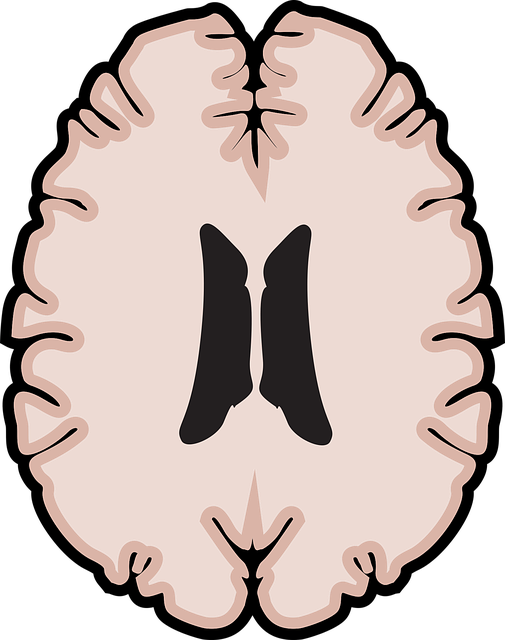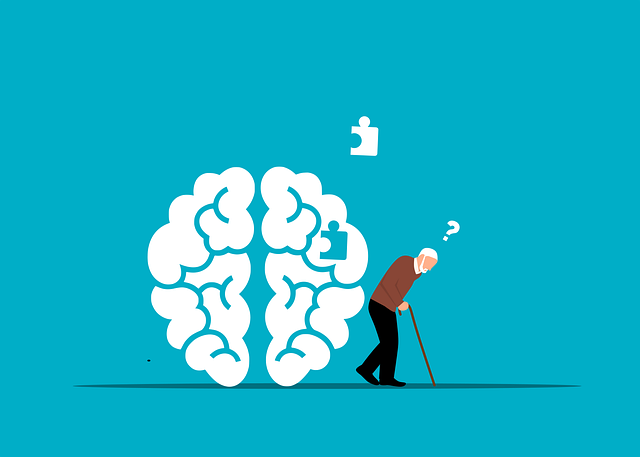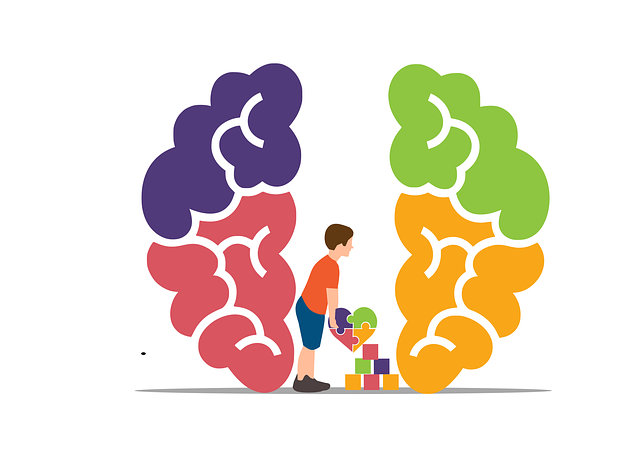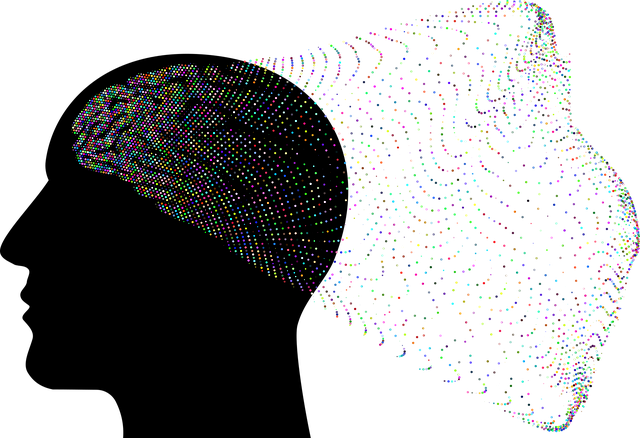The media significantly shapes public perceptions of mental health, impacting access to care like Northglenn Grief Counseling Therapy services. Inaccurate representations can perpetuate stigma. Training healthcare providers in media literacy ensures culturally competent care and reduces barriers to seeking help. By critically examining media portrayals, Northglenn Grief Counseling Therapy fosters open dialogue about mental wellness, emphasizing the importance of emotional regulation for holistic well-being. Collaborating with media outlets, they aim to break stereotypes and promote accurate representation, ultimately improving understanding and support systems for those facing mental health challenges.
“In our modern world, media portrayal significantly influences public perception of mental illness, often perpetuating harmful stereotypes. This article delves into the impact of media on mental health, highlighting the efforts of Northglenn Grief Counseling Therapy in challenging these stigmas. We explore effective strategies to promote positive representation and emphasize the importance of industry collaborations for enhanced mental health awareness. By examining these aspects, we aim to foster a more compassionate and informed society.”
- Understanding the Impact of Media Portrayal on Mental Health
- The Current State: How Northglenn Grief Counseling Therapy Addresses Stigma
- Effective Strategies to Enhance Positive Representation in Media
- Fostering Change: Collaborating with Media Outlets for Better Mental Health Awareness
Understanding the Impact of Media Portrayal on Mental Health

The media plays a powerful role in shaping societal perceptions and understanding of mental health. The way mental illness is portrayed in movies, television shows, and news articles can significantly impact public opinion and individual experiences. This is particularly relevant for communities like Northglenn where access to grief counseling therapy and other mental health services is crucial. When media representations are stereotypical or inaccurate, they can lead to stigma, discrimination, and a lack of empathy towards those struggling with mental wellness issues.
Understanding the impact of media portrayal is essential in fostering cultural competency among healthcare providers. Training programs focused on enhancing skills for serving diverse populations can help professionals better address the needs of individuals dealing with mental health challenges. By promoting accurate and compassionate media representations, we can create a supportive environment that encourages resilience building and open conversations about mental wellness. This collective effort can ultimately reduce barriers to seeking help and improve access to quality care, such as Northglenn Grief Counseling Therapy services, for all communities.
The Current State: How Northglenn Grief Counseling Therapy Addresses Stigma

In today’s digital age, media representation plays a pivotal role in shaping societal perceptions of mental health. Northglenn Grief Counseling Therapy stands as a beacon of hope, actively tackling the pervasive stigma surrounding emotional healing processes. By providing specialized services, they offer a safe space for individuals to navigate their grief and cultivate healthy coping mechanisms. The therapy center recognizes that burnout prevention strategies for healthcare providers are essential, not just for professionals but also for those seeking support.
Through its comprehensive approach, Northglenn Grief Counseling Therapy guides clients towards emotional regulation, a crucial aspect of overall well-being. By addressing the current state of mental health representation in media, they contribute to fostering an environment where individuals can openly discuss their struggles without fear of judgment, paving the way for more effective and accessible support systems.
Effective Strategies to Enhance Positive Representation in Media

Media plays a significant role in shaping public perception about mental health, which is why it’s crucial to advocate for accurate and positive representation. To enhance the portrayal of mental illness in media, various effective strategies can be implemented. Firstly, promoting real-life stories from individuals who have successfully navigated their struggles can humanize mental health issues. Sharing these narratives through documentaries or powerful personal essays can foster empathy among viewers.
Additionally, Northglenn Grief Counseling Therapy professionals and advocates should collaborate with media outlets to ensure that stories are told accurately and sensitively. This includes educating writers and filmmakers about the nuances of different mental health conditions, encouraging the use of diverse characters, and emphasizing the importance of recovery and resilience. By integrating Stress Reduction Methods and promoting Mental Health Awareness, these collaborations can contribute to a more comprehensive understanding of mental illness, helping to dispel stereotypes and reduce stigma. Such initiatives will ultimately benefit communities, fostering better coping Skills Development and support systems for those facing mental health challenges.
Fostering Change: Collaborating with Media Outlets for Better Mental Health Awareness

In the pursuit of enhancing mental health awareness, fostering collaboration between media outlets and mental health professionals is a powerful strategy. By partnering with reputable media entities, such as those offering Northglenn Grief Counseling Therapy, we can significantly impact public understanding of various mental health conditions. This collaborative approach involves engaging media to represent mental illness accurately and sensitively, breaking down stereotypes often perpetuated by stereotypical portrayals in the past.
Through joint initiatives, these partnerships can drive conversations around Depression Prevention, Mental Health Awareness, and effective Communication Strategies. Media outlets have the reach to shed light on the realities of living with mental health challenges, while mental health professionals can provide expertise and insights to ensure accurate representation. Together, they can shape public discourse, promote empathy, and encourage individuals who may be struggling to seek support without stigma or hesitation.
Media has a significant impact on shaping societal perceptions of mental illness. By implementing effective strategies and fostering collaborations, we can enhance positive representation in media. Northglenn Grief Counseling Therapy serves as an example, demonstrating how local initiatives can challenge stigma and promote mental health awareness. Through combined efforts, we can create a more inclusive and supportive landscape for individuals facing mental health challenges.



